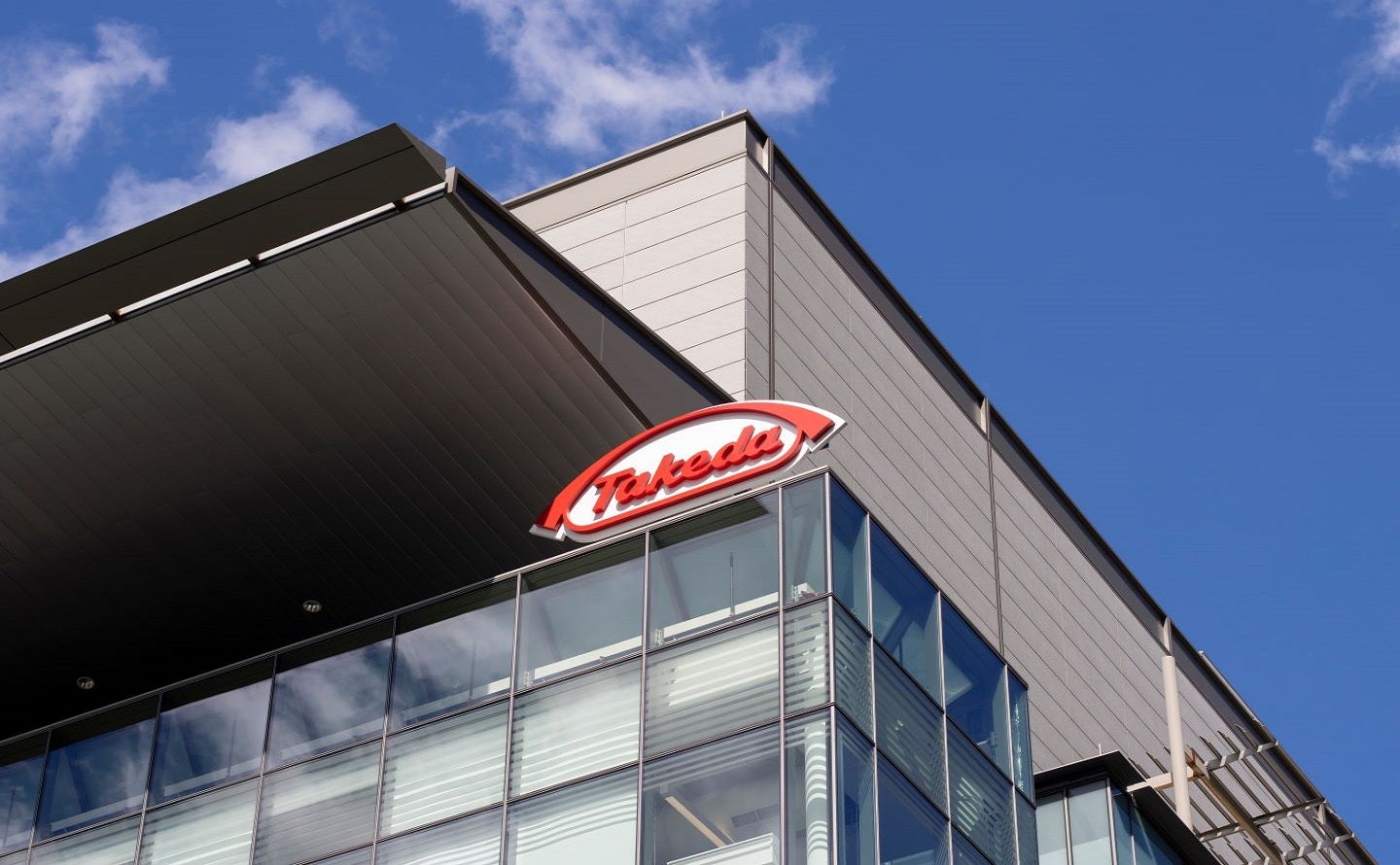Novavax is on thin ice, and the latest update isn’t exactly encouraging
Novavax, the company whose corporate missteps repeatedly sidelined an effective Covid-19 vaccine, is relying on demand for booster doses to remain solvent. And the latest update isn’t exactly encouraging.

Want to stay on top of the science and politics driving biotech today? Sign up to get our biotech newsletter in your inbox.
The XBI, a closely watched index of biotech stocks, turned red for the year yesterday, and not because of a clinical disappointment, a drug pricing scandal, or an M&A rumor that came to nothing. In 2024, as in 2023, the industry’s fate seems inextricable from interest rates.
Federal Reserve Chairman Jerome Powell said the central bank is unlikely to cut rates in March — or any time soon, at least until it sees stronger signs that inflation is sustainably in decline. On Wall Street, that spells bad news for the riskier segments of the market, which includes biotech, and thus the XBI dipped about 2%.
Yesterday’s trading shouldn’t be much of a surprise. Biotech’s November resurgence had less to do with the fundamentals of making new drugs than it did with the Fed’s decision to stop raising rates. But that won’t make it any less frustrating for the industry’s many specialist investors, who pore over arcane biology and complex clinical trials only to see stocks move based on the words of a lawyer in Washington, D.C.
Despite years of scientific progress and a handful of pioneering regulatory approvals, no one’s quite sure whether selling gene therapies will ever be a profitable endeavor. That’s where Bluebird Bio, a company that exists solely for that purpose, could be instructive.
As STAT’s Adam Feuerstein writes, Bluebird is unique among biotech firms. It has three marketed products, all of which are gene therapies, and its R&D expenses all go toward gathering long-term data on its existing medicines.
That makes Bluebird’s income statement a clean proxy for the business of gene therapy — which means the company’s financial results over the next year will educate the whole industry on whether it’s possible to turn costly, one-time therapies into a sustainable enterprise.
Novavax, the company whose corporate missteps repeatedly sidelined an effective Covid-19 vaccine, is relying on demand for booster doses to remain solvent. And the latest update isn’t exactly encouraging.
The company said yesterday that it would lay off another 12% of its staff, expanding on a cost-cutting plan disclosed last year. In the end, Novavax will have reduced its workforce by about 30% compared to 2023, part of an effort to reduce its expenses in the months to come.
The big question is whether Novavax was able to meet its already reduced financial expectations in the fourth quarter. The company had previously forecast $1 billion in 2023 sales before cutting that number in half. Novavax won’t disclose its revenue until later this month, but its latest communications don’t exactly inspire confidence. ““We continue to spend significant time grounding our understanding of the market opportunity based on learnings from this season,” CEO John Jacobs said in a statement.
Biotech stocks have maintained their late-2023 recovery, and there have even been a few successful IPOs. But one key marker of the industry’s health — contractors’ revenues — has yet to bounce back.
Thermo Fisher Scientific, which makes lab tools and sells services to drug companies, is forecasting 2024 earnings below Wall Street’s estimates, blaming a continuing decline in demand from pharma and biotech.
The drug industry’s decline has cut into the businesses of companies like Danaher, Lonza, and Revvity, all of which have curtailed their financial projections to account for the slumping biotech sector.
The need-to-know this morning
Biotech can’t shake the Fed
Can gene therapy be profitable? Here’s a barometer
Novavax is on thin ice
We’ll know biotech is back when its contractors are happy
More reads
What's Your Reaction?

































